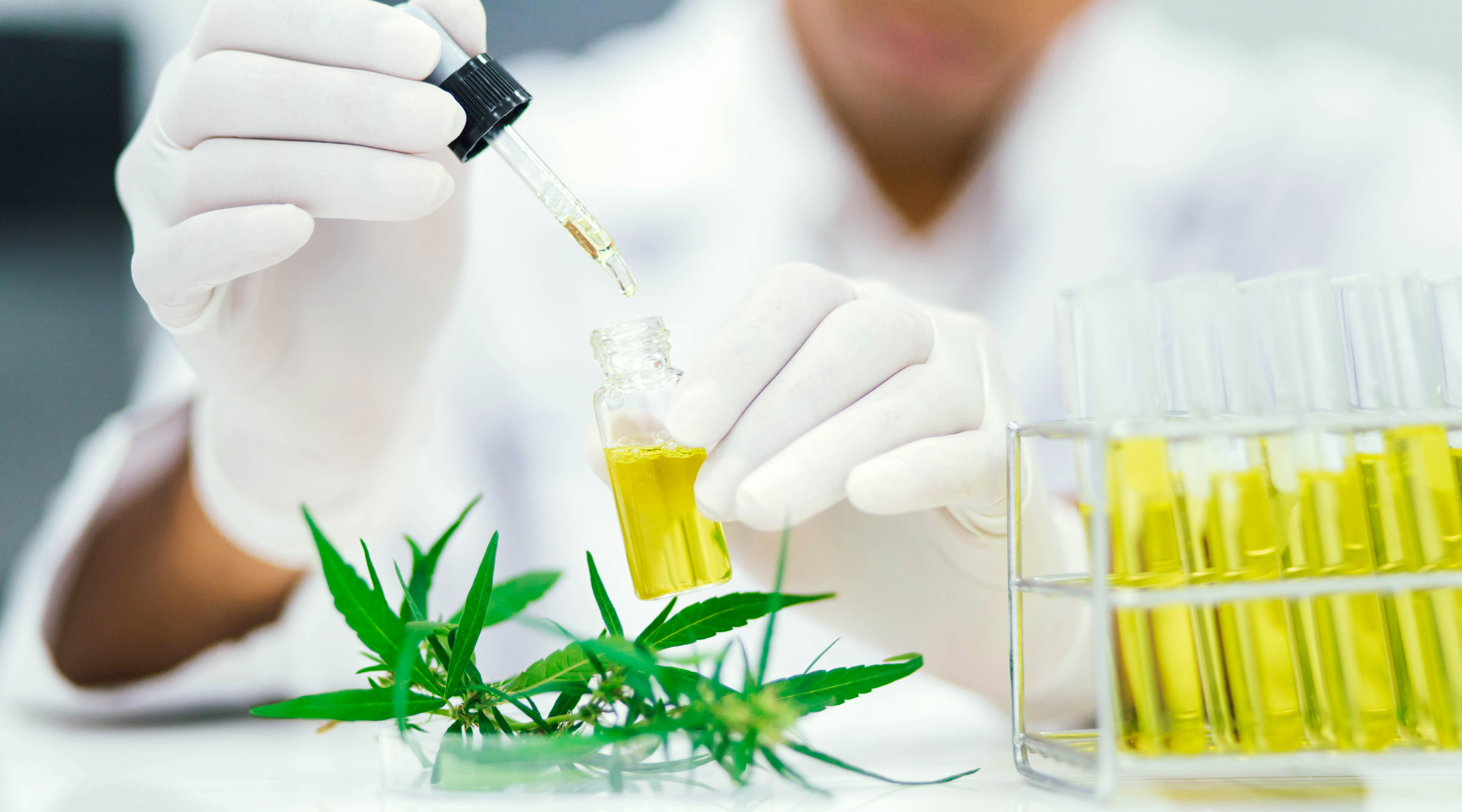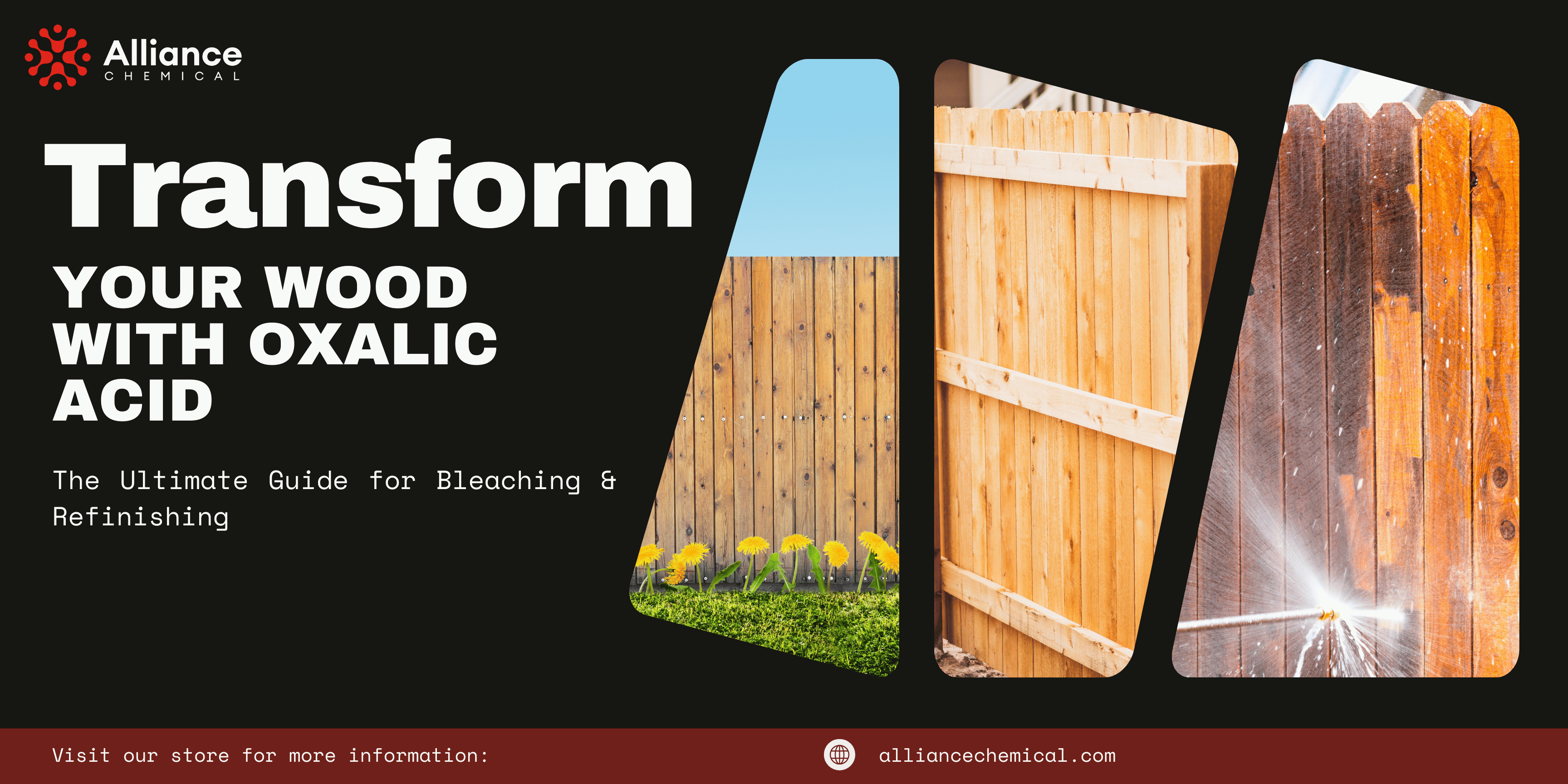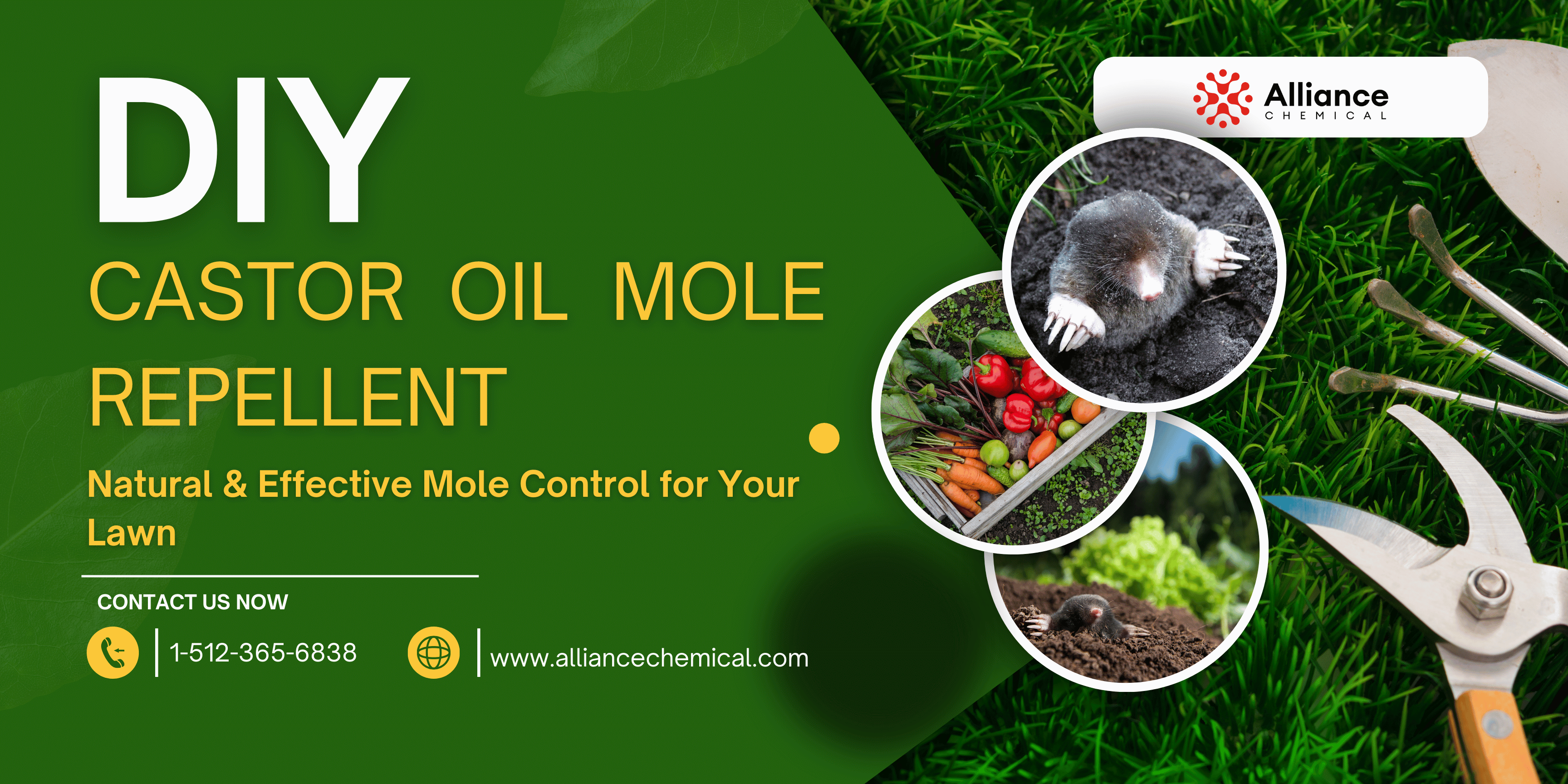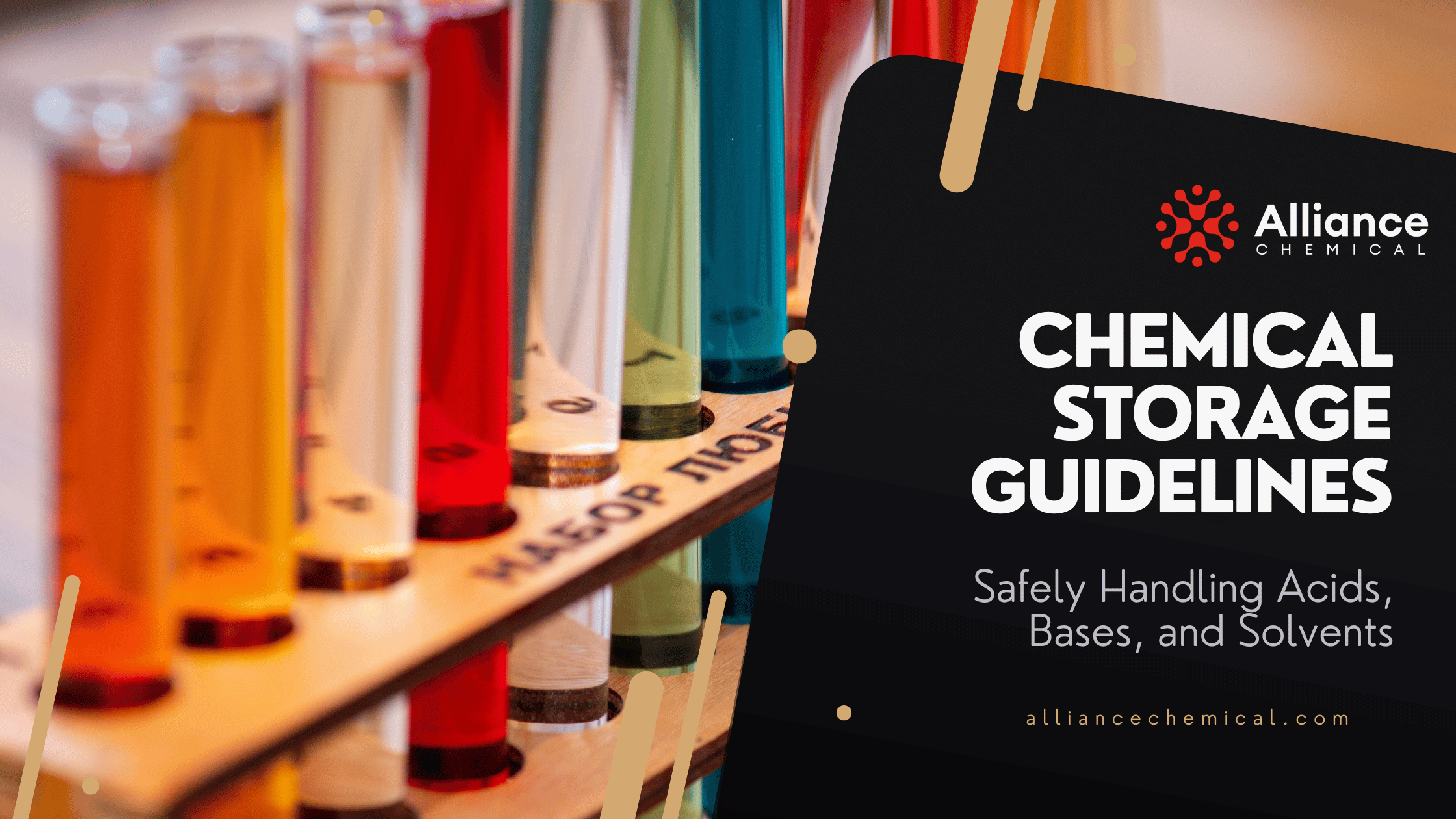
Pressure Washing Chemicals
The Ultimate Guide to Pressure Washing Chemicals: Enhance Your Cleaning Power
Discover how the right pressure washing chemicals can transform your cleaning tasks, making them more effective, efficient, and environmentally friendly. Learn about different types of chemicals, their specific uses, and how to choose the best ones for your needs.
Introduction: The Importance of Pressure Washing Chemicals
Pressure washing is a powerful method for cleaning a variety of surfaces, from driveways and decks to commercial buildings and industrial equipment. While high-pressure water alone can remove surface dirt, incorporating specialized chemicals significantly enhances the cleaning power, allowing you to tackle stubborn stains, grease, mold, and bacteria more effectively.
Using the right chemicals not only improves the efficiency of your cleaning tasks but also ensures the longevity of the surfaces you're cleaning. However, with a plethora of options available, choosing the right chemicals can be overwhelming. This comprehensive guide aims to demystify pressure washing chemicals, helping you select the best products for your specific needs.
Types of Pressure Washing Chemicals
Pressure washing chemicals come in various formulations, each designed to address specific cleaning challenges. Understanding the different types can help you choose the most effective solution for your tasks.
1. Detergents
Detergents are mild cleaning agents that are ideal for removing dirt, dust, and light stains from surfaces. They are generally biodegradable and safe for use on a wide range of materials, including painted surfaces, wood, and plastic.
- Uses: Cleaning walls, roofs, sidewalks, and vehicles.
- Benefits: Gentle on surfaces, environmentally friendly, and effective at removing general grime.
2. Degreasers
Degreasers are powerful chemicals formulated to break down heavy grease, oil, and grime. They are essential for industrial settings and heavily soiled surfaces.
- Uses: Cleaning driveways, garage floors, industrial equipment, and machinery.
- Benefits: Highly effective at dissolving stubborn grease and oil stains.
Our Solvents category offers a range of degreasers suitable for various applications.
3. Disinfectants
Disinfectants are designed to kill germs, bacteria, and viruses on surfaces. They are crucial in maintaining hygiene, especially in areas where sanitation is paramount.
- Uses: Cleaning kitchens, bathrooms, hospitals, and food processing facilities.
- Benefits: Ensure surfaces are hygienic and safe for use.
Check out our Disinfectants and Cleaning products for effective solutions.
4. Acids
Acidic cleaners are used to remove mineral deposits, rust, and stains from surfaces like brick, concrete, and masonry.
- Uses: Cleaning brickwork, removing rust stains, and etching concrete.
- Benefits: Highly effective at dissolving mineral-based stains.
Our Acids collection includes products like Hydrochloric Acid for heavy-duty cleaning tasks.
5. Alkaline Cleaners
Alkaline cleaners neutralize acidic substances and are effective at removing organic materials like oils, fats, and proteins.
- Uses: Cleaning kitchens, food processing equipment, and grease-laden surfaces.
- Benefits: Break down organic residues effectively.
Explore our Bases and Caustics for suitable alkaline cleaners.
6. Solvents
Solvents dissolve a variety of substances, including paints, adhesives, and tar. They are indispensable in industrial cleaning and maintenance.
- Uses: Removing paint, graffiti, and tough stains.
- Benefits: Highly effective at dissolving stubborn substances.
Our Solvents category features products like Acetone Technical Grade and Ketones.
Choosing the Right Pressure Washing Chemical
Selecting the appropriate chemical depends on several factors, including the surface you're cleaning, the type of contaminants present, and environmental considerations.
1. Identify the Surface Material
Different surfaces react differently to chemicals. For instance:
- Wood: Requires gentle detergents to prevent damage.
- Concrete: Can handle stronger acids and degreasers.
- Metal: Be cautious with acids to prevent corrosion.
- Painted Surfaces: Use mild detergents to avoid stripping paint.
2. Determine the Type of Contaminant
Understanding what you're trying to remove will guide your chemical choice:
- Dirt and Dust: Mild detergents are sufficient.
- Grease and Oil: Opt for strong degreasers or solvents.
- Mold and Mildew: Use disinfectants or specialized mold removers.
- Rust and Mineral Stains: Acidic cleaners are most effective.
3. Environmental Impact
Consider the environmental footprint of the chemicals you use:
- Biodegradability: Choose biodegradable detergents when possible.
- Eco-Friendly Certifications: Look for products with environmental certifications.
- Proper Disposal: Ensure chemicals can be safely disposed of without harming the environment.
Our Environmental collection offers eco-friendly options for conscientious consumers.
Safety Considerations When Using Pressure Washing Chemicals
While chemicals enhance cleaning power, they also pose potential risks if not handled properly. Here are essential safety tips:
1. Personal Protective Equipment (PPE)
- Gloves: Wear chemical-resistant gloves to protect your skin.
- Eye Protection: Use safety goggles to prevent splashes into your eyes.
- Respiratory Protection: Wear masks when handling fumes or fine particles.
- Protective Clothing: Wear long sleeves and pants to minimize skin exposure.
2. Read the Labels and Safety Data Sheets (SDS)
Always read the product labels and SDS for information on proper use, hazards, and first-aid measures. Our products come with detailed SDS for your reference.
3. Proper Storage and Disposal
- Storage: Keep chemicals in their original containers, tightly sealed, and stored in a cool, dry place away from children and pets.
- Disposal: Follow local regulations for disposing of chemical waste. Do not pour chemicals down the drain unless instructed.
4. Avoid Mixing Chemicals
Never mix different chemicals unless explicitly directed. Mixing can lead to dangerous reactions, releasing toxic gases or causing explosions.
Environmental Impact and Eco-Friendly Options
The chemicals you use can have a significant impact on the environment. Here’s how you can minimize negative effects:
1. Choose Biodegradable Products
Biodegradable detergents break down naturally, reducing pollution. Our Environmental collection features products that are safe for the ecosystem.
2. Use Proper Dilution Ratios
Over-concentrated chemicals not only waste product but also increase environmental harm. Follow the recommended dilution ratios for optimal effectiveness and minimal impact.
3. Capture and Dispose of Wastewater
Prevent contaminated water from entering storm drains by using containment methods and properly disposing of wastewater.
4. Educate Yourself on Regulations
Stay informed about local and federal regulations regarding chemical use and wastewater disposal to ensure compliance.
Top Pressure Washing Chemicals from Alliance Chemical
At Alliance Chemical, we offer a wide range of high-quality chemicals suitable for various pressure washing needs. Here are some of our top products:
1. Acetic Acid Glacial Technical Grade
Acetic acid is a versatile chemical used in cleaning and industrial applications.
- Uses: Removes mineral deposits, cleans concrete surfaces, and acts as a disinfectant.
- Link: Acetic Acid Glacial Technical Grade
2. Sodium Hypochlorite 12.5%
A powerful disinfectant effective against bacteria, viruses, and fungi.
- Uses: Sanitizing surfaces, mold remediation, and water treatment.
- Link: Sodium Hypochlorite Collection
3. Muriatic Acid (Hydrochloric Acid)
An industrial-strength acid for heavy-duty cleaning.
- Uses: Removes rust, scale, and stains from concrete and masonry.
- Link: Hydrochloric Acid Collection
4. Caustic Soda (Sodium Hydroxide)
A strong alkaline cleaner effective at breaking down organic materials.
- Uses: Degreasing, paint stripping, and heavy-duty cleaning.
- Link: Hydroxides Collection
5. D-Limonene Technical Grade
A citrus-based solvent that's effective and eco-friendly.
- Uses: Degreasing, removing adhesives, and general cleaning.
- Link: Citrus Solvents
6. Isopropyl Alcohol 99%
A versatile solvent and disinfectant for various cleaning applications.
- Uses: Disinfecting surfaces, cleaning electronics, and removing residues.
- Link: Alcohols Collection
Conclusion: Elevate Your Cleaning Game
Incorporating the right pressure washing chemicals can significantly enhance your cleaning efficiency, effectiveness, and safety. By understanding the types of chemicals available and their specific applications, you can choose products that not only meet your cleaning needs but also align with environmental and safety standards.
At Alliance Chemical, we're committed to providing high-quality, reliable chemicals for all your pressure washing requirements. Our extensive product range ensures you have access to the best solutions, whether you're a professional cleaner or a DIY enthusiast.
Ready to transform your cleaning tasks?
Explore Our Full Range of ChemicalsAdditional Resources
For more information and products, check out the following collections:
- Disinfectants and Cleaning
- Solvents
- Acids
- Bases and Caustics
- Environmental
- Organic Compounds
- Salts and Inorganic Compounds
- Lab Chemicals
- Equipment and Containers
Frequently Asked Questions
1. Can I use household bleach in my pressure washer?
Using household bleach is not recommended as it can damage your pressure washer's pump and seals. Instead, use specially formulated products like our Sodium Hypochlorite designed for pressure washing applications.
2. How do I know the correct dilution ratio for a chemical?
Always refer to the product's label or Safety Data Sheet (SDS) for recommended dilution ratios. If in doubt, contact the manufacturer for guidance.
3. Are eco-friendly pressure washing chemicals effective?
Yes, many eco-friendly chemicals are highly effective. Products like our Organic Acids offer powerful cleaning while being gentle on the environment.
4. Can I mix different pressure washing chemicals?
Mixing chemicals can be dangerous and is generally not recommended unless specified by the manufacturer. Always use chemicals as directed.
5. What precautions should I take when storing chemicals?
Store chemicals in their original containers, in a cool, dry place away from direct sunlight. Ensure they are out of reach of children and pets, and separate from incompatible substances.
Need More Help?
Our team at Alliance Chemical is here to assist you with any questions or needs you may have. Whether you're sourcing chemicals for a project or seeking expert advice, don't hesitate to reach out.









